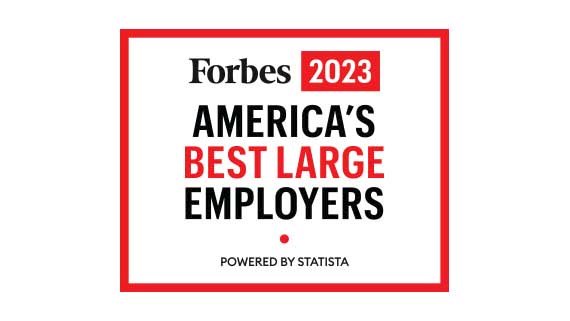Insurance and risk management solutions to match your needs
We offer a broad range of coverages, whether you're a business owner or require personal insurance. Our experienced professionals work closely with you to identify and understand your unique needs to provide personalized insurance solutions that manage your risk now and in the future.
We represent many carriers and have the flexibility to select the company that offers the most comprehensive protection at a competitive price.





